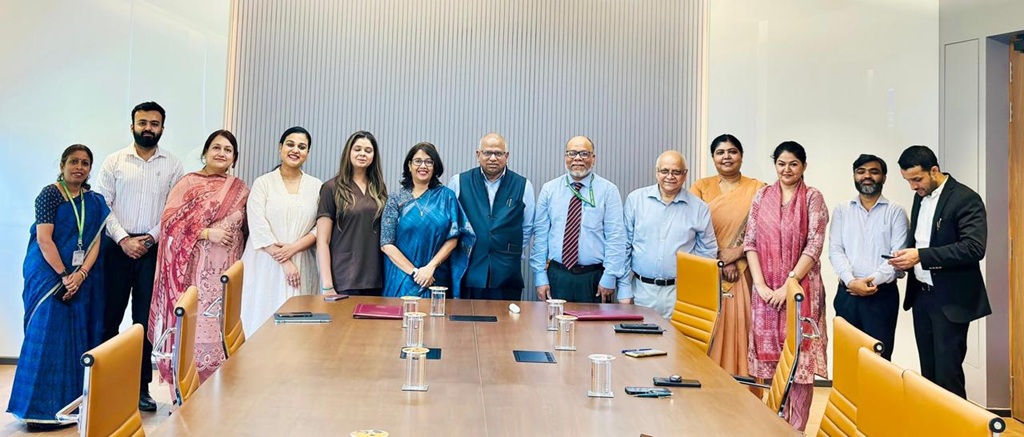The Supreme Court on Wednesday said to ensure independence of the poll panel, the Chief Justice of India (CJI) could be included in the consultative process for the appointment of Chief Election Commissioner (CEC).
New Delhi, Nov 23,2022: The Supreme Court on Wednesday said to ensure independence of the poll panel, the Chief Justice of India (CJI) could be included in the consultative process for the appointment of Chief Election Commissioner (CEC).
A five-judge, headed by Justice K.M. Joseph and comprising Justices Ajay Rastogi, Aniruddha Bose, Hrishikesh Roy, and C.T. Ravikumar, is hearing a clutch of petitions seeking a collegium-like system for the appointment of Election Commissioners (ECs) and the CEC.
The top court said any ruling party likes to perpetuate itself in power and can appoint a ‘Yes Man’ to the post under the current system. “Now, what we want to do is concentrate on the consultative process for the appointment of CEC and the inclusion of the Chief Justice of India in the process would ensure the independence of the commission,” it said.
In the post-lunch hearing, Solicitor General Tushar Mehta, representing the Centre, submitted that there is a system of separation of powers and there is an impression which has been made out that someone’s presence has to be in the appointing authority who is not a part of the executive. “That will mean rewriting the Constitution,” he argued.
He added that will mean conferring someone else with power because the executive cannot dispense a function which has been conferred upon it and it would be against the very concept of democracy.
At this, Justice Joseph said that the CJI is involved in the appointment of CBI Director and queried Mehta as to “where is the threat to democracy” and judgments given by courts, which has been accepted by the executive.
In the CBI Director context, Mehta said the CBI Director before Vineet Narain (judgment) was only an officer and there was a vacuum as to how the person were to be selected, and his selection was not conferred upon the highest constitutional functionary. He said that is why the court interfered and as a constitutional position, they cannot compare Vineet Narain and the present case.
Mehta said as a constitutional proposition, the executive independence and the judiciary’s independence are equally sacrosanct, and in a presupposition that only with the presence of the judiciary, independence and fairness will be achieved, that is “an incorrect reading of the Constitution”.
Earlier during the day, the Centre had argued that the Election Commission (Conditions of Service of Election Commissioners and Transaction of Business) Act, 1991, ensured the Election Commission remains independent in terms of salary and tenure to its members and there is no “trigger point” which warrants interference from the court.
However, the apex court said the appointments have to be scanned at every level.
Attorney General R. Venkataramani, representing the Centre, pointed out that the 1991 Act was a watershed moment that ensured independence in salary and tenure to the ECs.
He said the Parliament passed the law after the report from the Dinesh Goswami committee, therefore it cannot be said that there was no application of mind.
However, the bench said if a ‘Yes Man’ were to be appointed who has the same philosophy as the ruling party and he is also like-minded, the law provides him all the immunity in tenure and salary, as it queried the AG on the independence in the institution.
The AG vehemently argued that there is no trigger point which warrants interference from the court and it is not a case where some arbitrariness exists, which warrants court to interfere in the appointment process.
The top court will continue to hear the matter on Thursday.






0 Comments